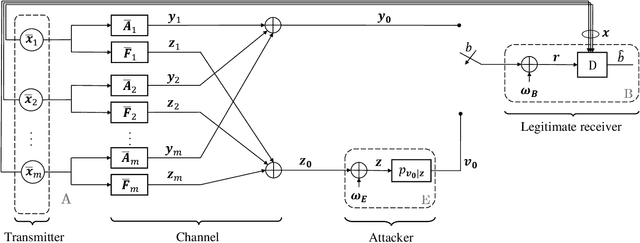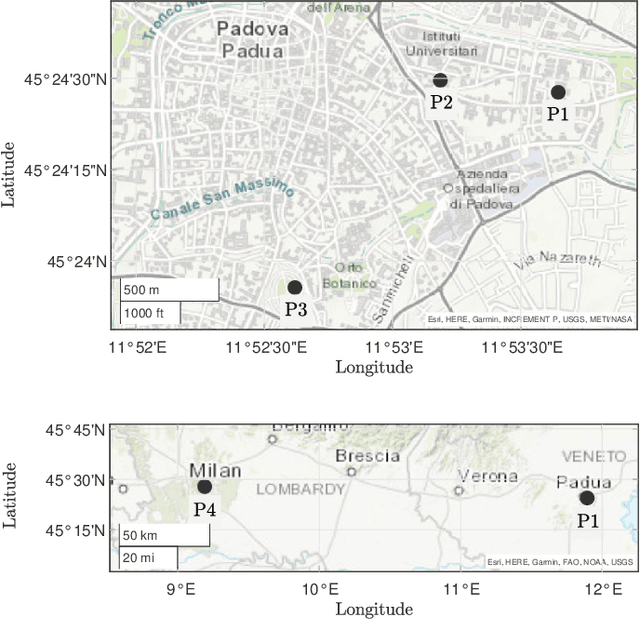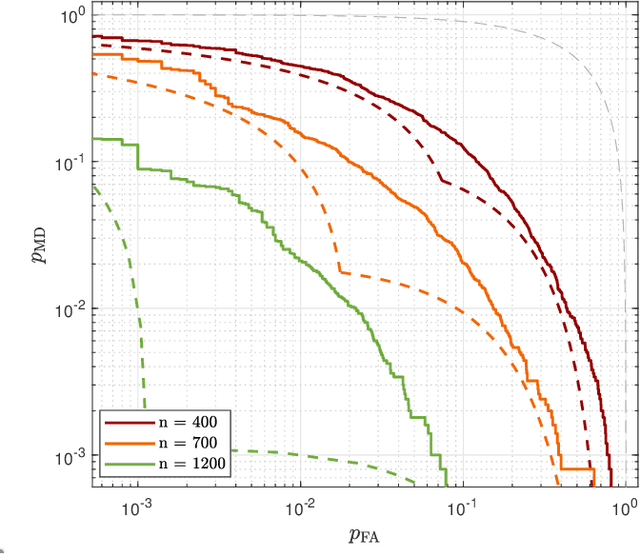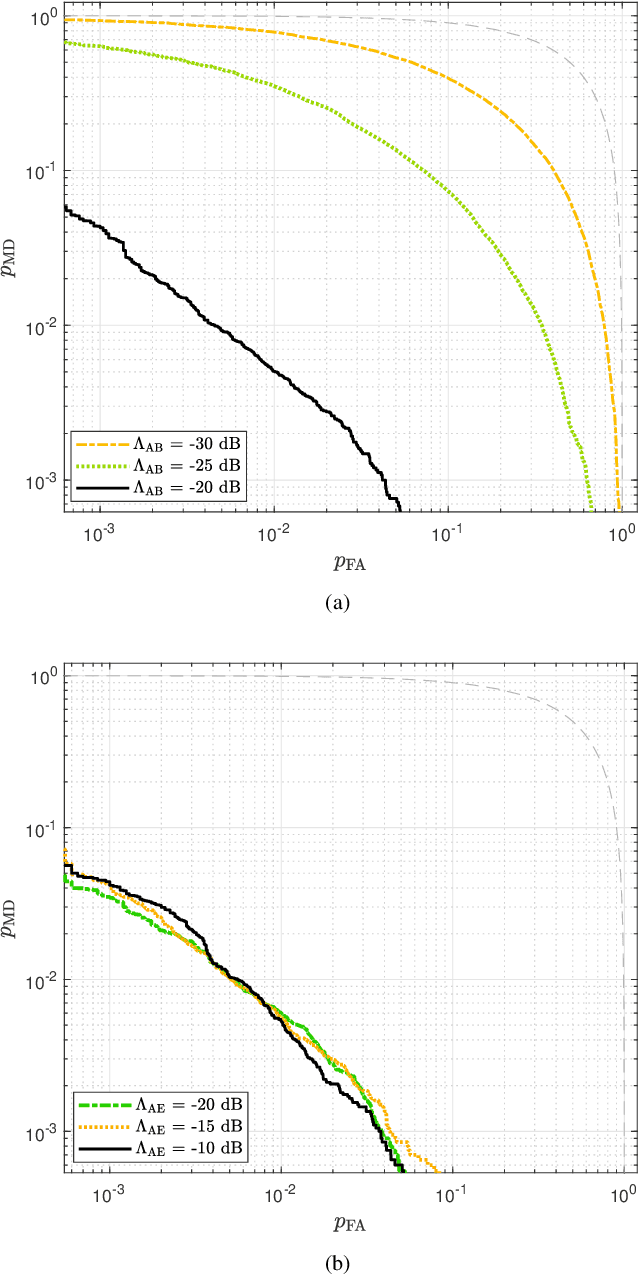On the Optimal Spoofing Attack and Countermeasure in Satellite Navigation Systems
Paper and Code
Feb 03, 2023



The threat of signal spoofing attacks against GNSS has grown in recent years and has motivated the study of anti-spoofing techniques. However, defense methods have been designed only against specific attacks. This paper introduces a general model of the spoofing attack framework in GNSS, from which optimal attack and defense strategies are derived. We consider a scenario with a legitimate receiver (Bob) testing if the received signals come from multiple legitimate space vehicles (Alice) or from an attack device (Eve). We first derive the optimal attack strategy against a Gaussian transmission from Alice, by minimizing an outer bound on the achievable error probability region of the spoofing detection test. Then, framing the spoofing and its detection as an adversarial game, we show that the Gaussian transmission and the corresponding optimal attack constitute a Nash equilibrium. Lastly, we consider the case of practical modulation schemes for Alice and derive the generalized likelihood ratio test. Numerical results validate the analytical derivations and show that the bound on the achievable error region is representative of the actual performance.
 Add to Chrome
Add to Chrome Add to Firefox
Add to Firefox Add to Edge
Add to Edge